India's Weather Department Issues Warning of Intense Summer Heatwave
The India Meteorological Department (IMD) has forecasted an intense heatwave across most parts of the country this summer, with above-normal temperatures expected nationwide.
India is bracing for a scorching summer, with the national weather office warning of more frequent and intense heatwaves in several regions. Mrutyunjay Mohapatra, Director-General of the India Meteorological Department (IMD), said that many states are likely to experience more heatwave days than usual this year.
Already in February, several regions recorded weekly average minimum temperatures that were 1°C to 3°C higher than normal. The early signs point to a harsh summer ahead.
Heatwaves have devastating effects in India each year, claiming hundreds of lives and disrupting livelihoods. Agriculture, in particular, suffers as rising temperatures reduce water availability and stress crop production.
In 2024, India saw its hottest recorded day on 28 May, when temperatures soared to 50.5°C in Churu, Rajasthan. According to the country’s health ministry, 143 deaths were attributed to heatwaves between 1 March and 20 June. However, independent experts suggest the true toll may be higher. The "Heat Watch 2024" report stated that 733 heatstroke-related deaths were reported across 17 states during the same period.
Looking ahead, states like Uttar Pradesh, Jharkhand, Chhattisgarh, and Odisha may experience up to 10 or 11 heatwave days, Mr. Mohapatra said in a press briefing on Monday.
"Between April and June, most parts of northern and eastern India, central India, and the north-western plains are expected to witness two to four more heatwave days than average," he noted.
This isn’t the first time Mr. Mohapatra has raised the alarm. Last year, he warned that if no serious action is taken, heatwaves in India could become increasingly frequent and severe.
India remains the world’s third-largest emitter of greenhouse gases, heavily dependent on coal for power generation. Human activities, combined with rapid industrialisation, urbanisation, and increased transportation, are raising levels of greenhouse gases like carbon monoxide, methane, and chlorocarbons.
"We are endangering not just ourselves, but also future generations," Mr. Mohapatra warned.

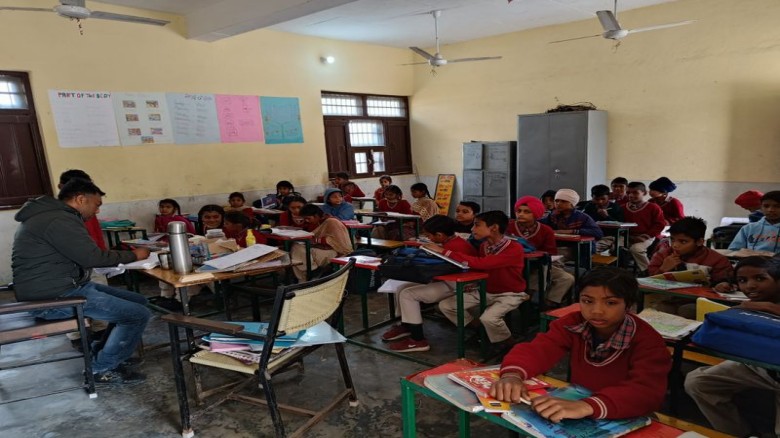
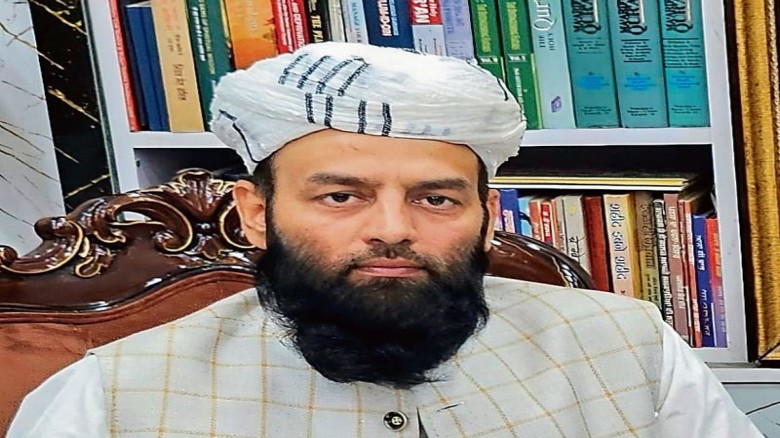



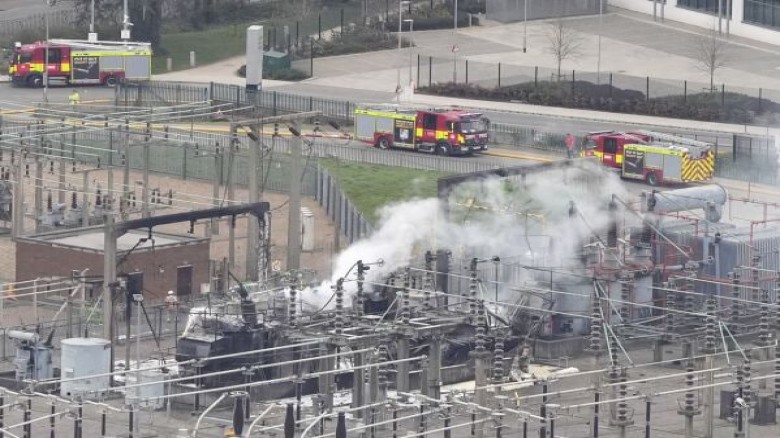








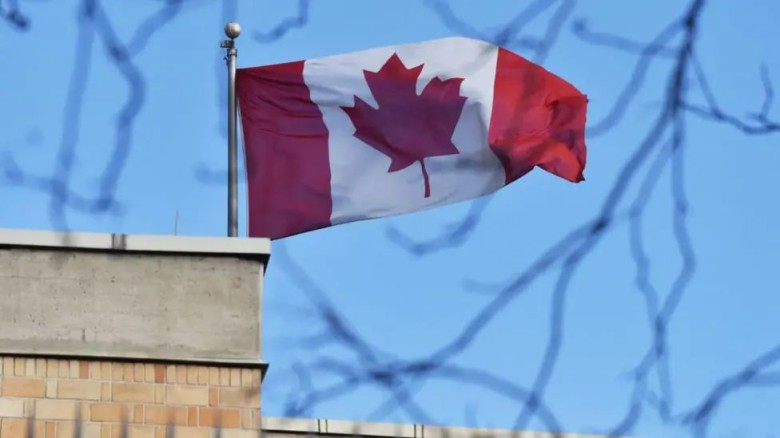
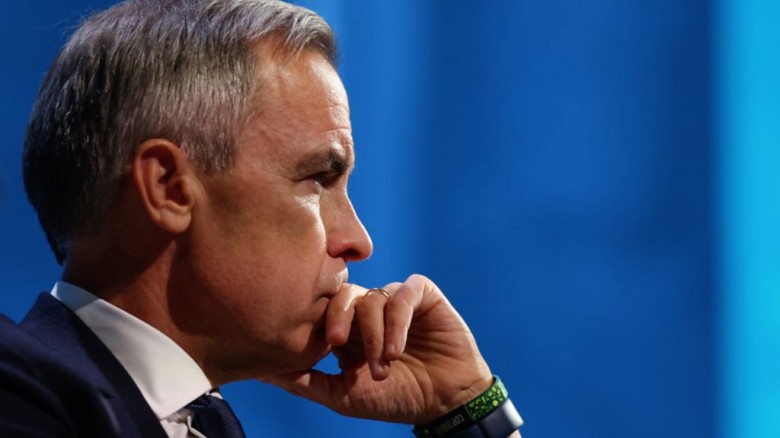






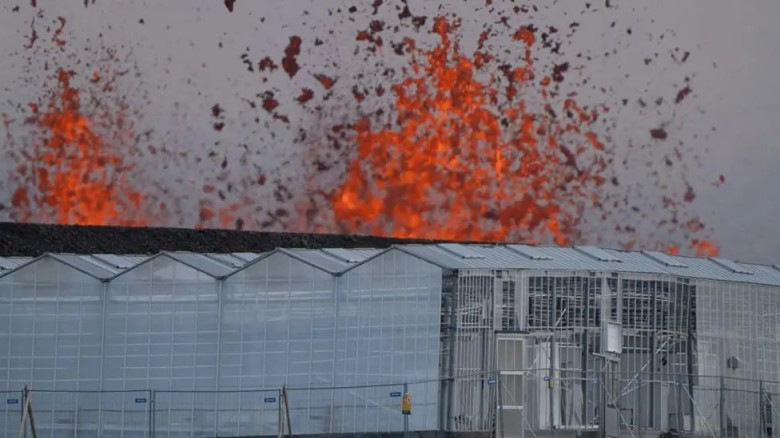


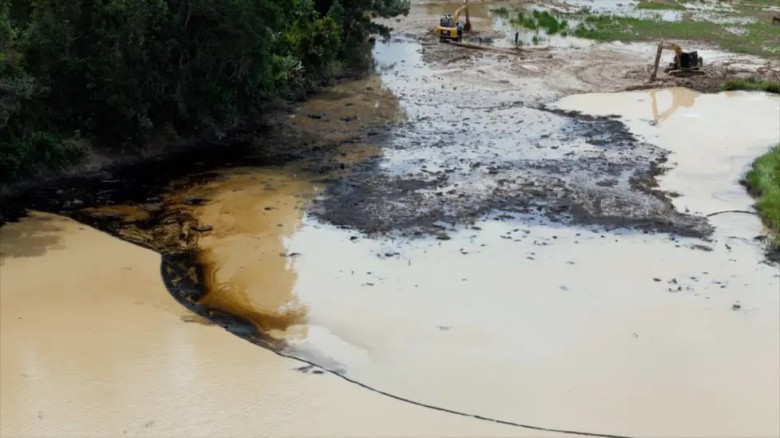
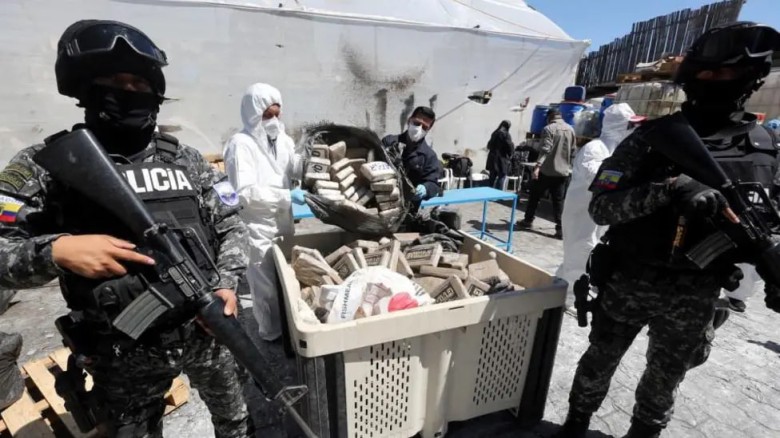









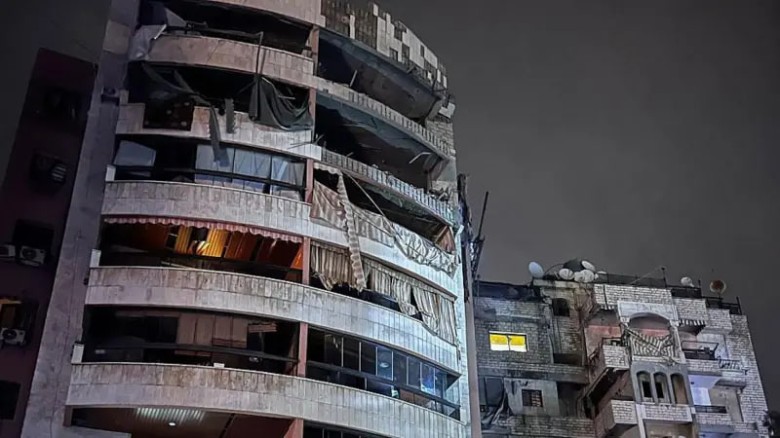
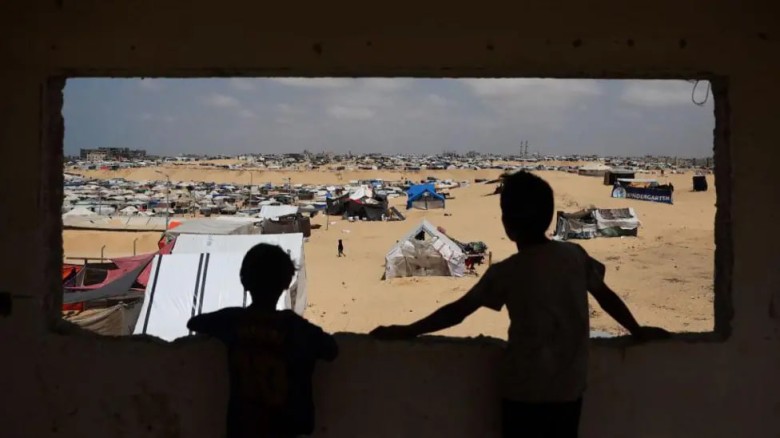
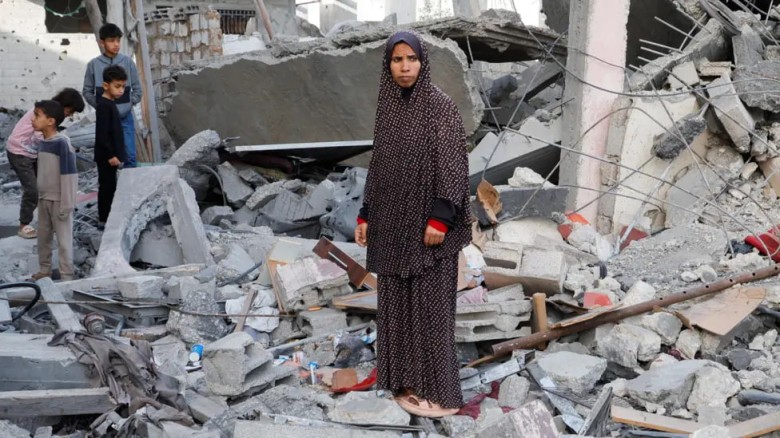
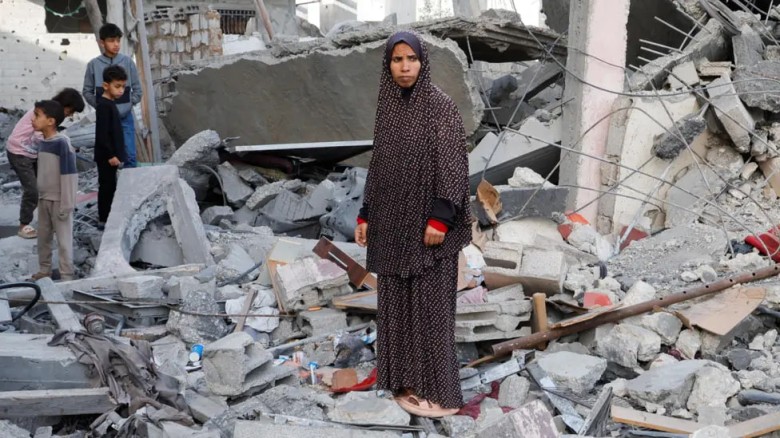

























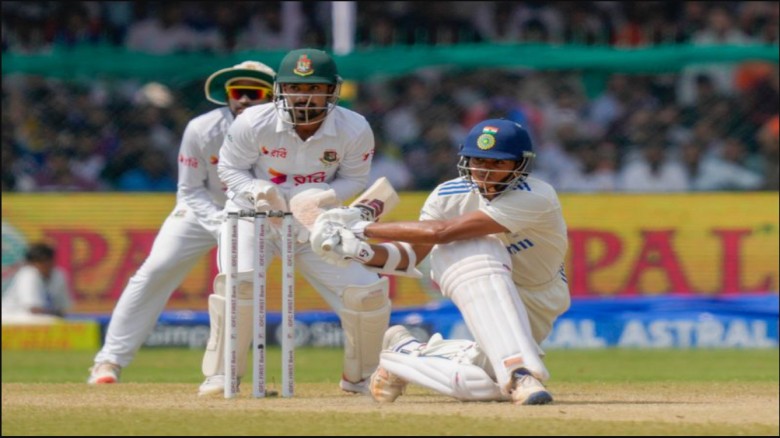
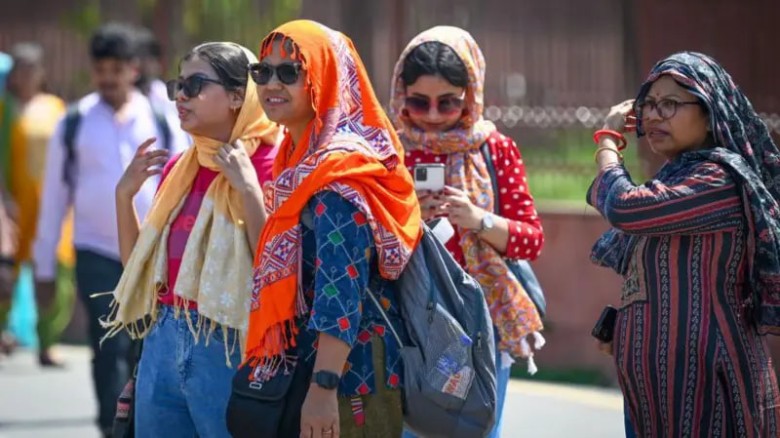


Leave A Comment